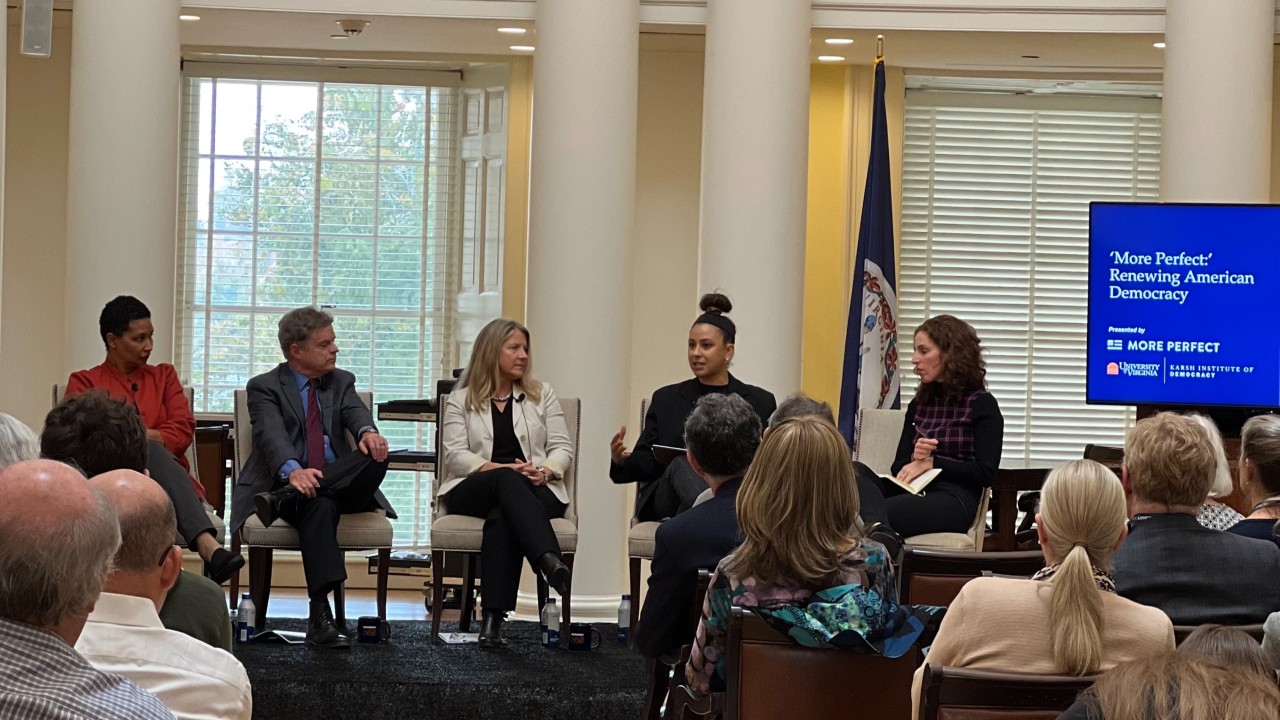It is no secret that America is facing unprecedented levels of political and social division, undermining the social cohesion that binds the citizens of a healthy democracy together. Our division is fueled by an increasingly fractured media environment, widening economic inequality, growing demographic anxiety, and a broken incentive structure for those elected to represent us.1 While America has experienced points of fracture and division throughout its history, rising polarization is threatening to undermine the ability of our political system and civil society to weather the kinds of challenges we have so far been able to overcome in our 246 years as a nation.Unlike issue polarization, which describes the kind of policy differences that are to be expected in a healthy republic, the affective polarization we currently face is characterized by hostility toward and hatred for partisan out-groups.2 In recent decades, affective polarization has superseded—and even become somewhat detached from—our differences on substantive policy issues.
This guide describes the work of organizations, practitioners, and funders whose efforts are geared toward reducing affective polarization and deepening social cohesion. We broadly outline some of the major theories of change for advancing social cohesion, with a few illustrative examples of specific approaches under each.In the second half, we turn to ways funders can support these strategies.Finally, we conclude with a set of open questions we believe those working on or funding social cohesion need to grapple with.
.png)




.png)
